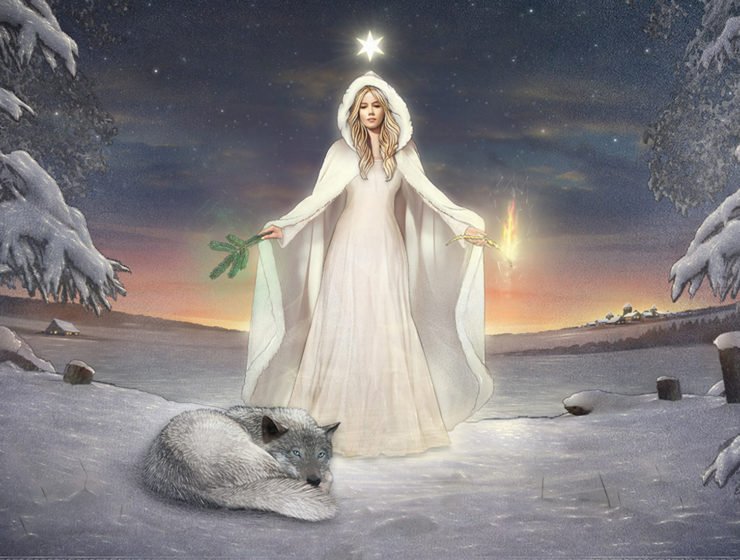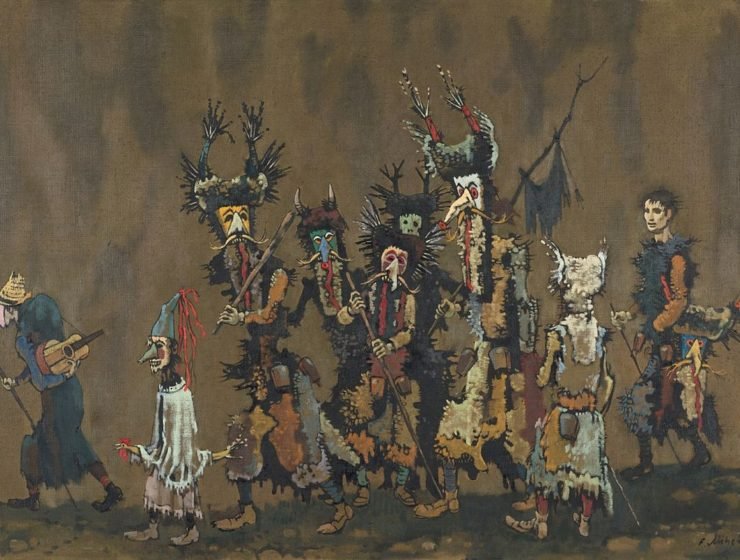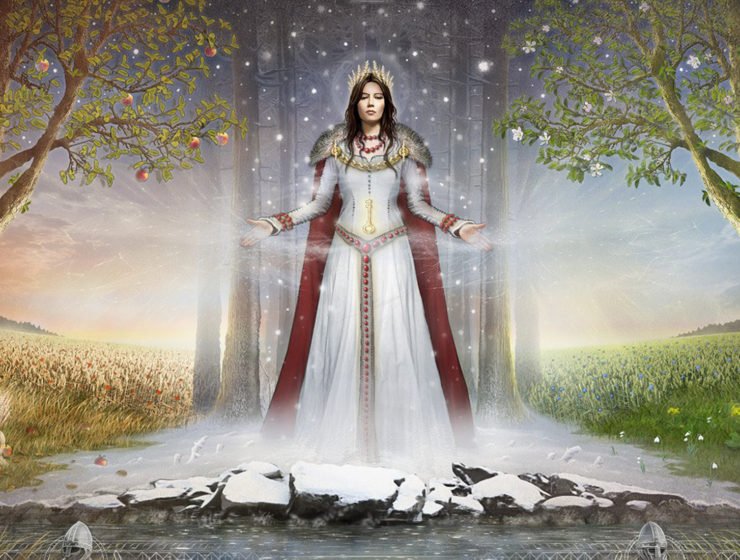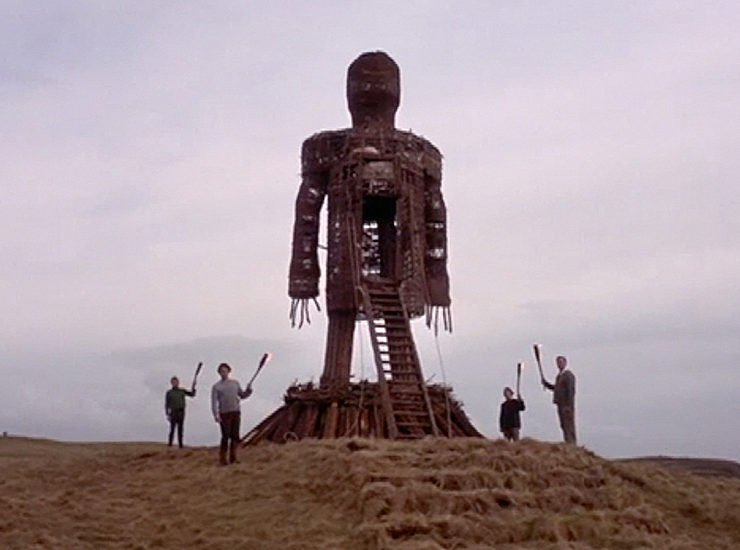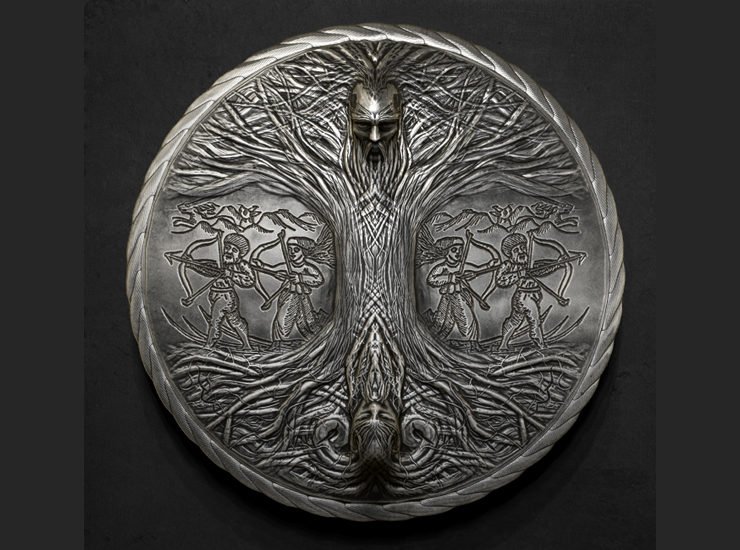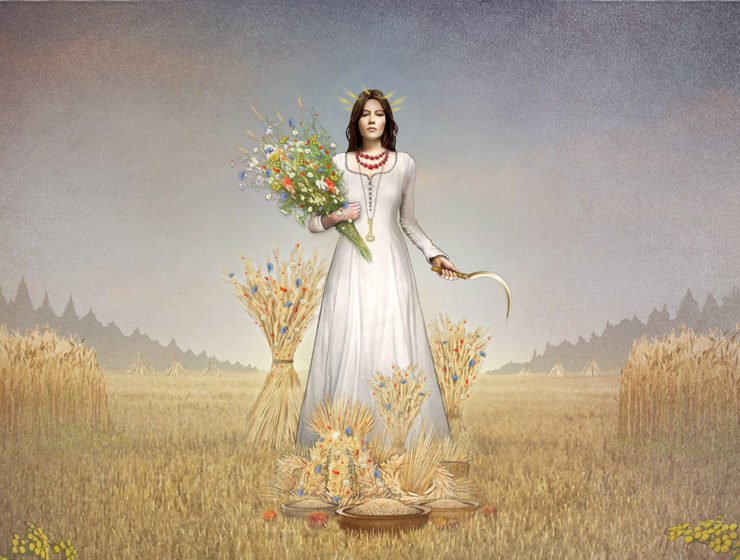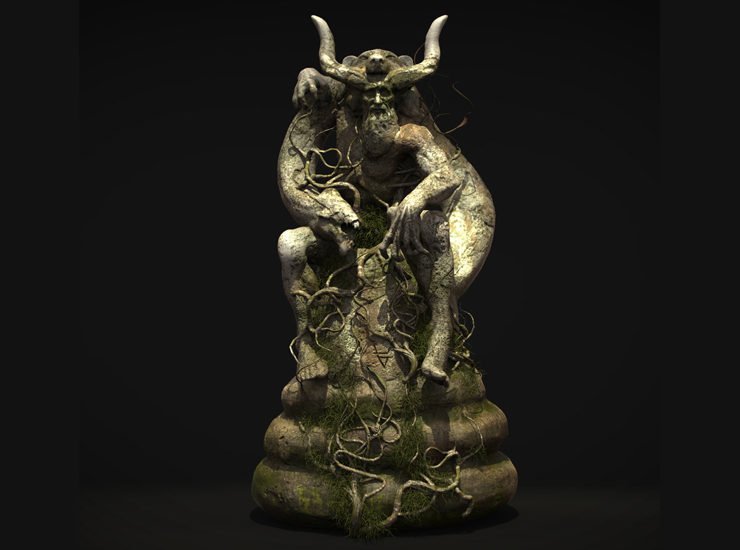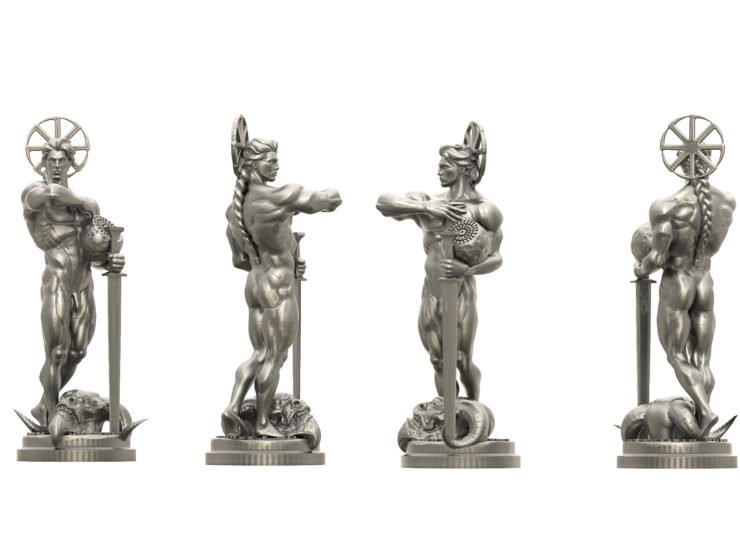Dogana, the goddess of morning, also called Zora (dawn) personified the morning light. She represented the start of the working day, and the end of winter when days begin to lengthen. Her feast was Candlemas.
Korant
Korant was god father of his people. His name can be traced back to the people called Carni and their land Korotan. Roman Noricum included him in its pantheon as Caruontanus.
Vesna
Vesna, the goddess of spring is better known in other Slavic traditions. In Slovenian tradition this is expressed in festivity of Palm Sunday, Flower Sunday in Slovenian and symbolized in “butara,” the Easter sheaf.
Pust / Shrovetide Carnival
Pust of Slovenian tales is a Dyonisian figure, appearing in many folktales as the spirit of merriment and wine. The shrovetide festivity is called “pustovanje,”and it celebrates the winter’s end.
Vodnar / Aquarius
There are few traces left of Vodnar, god of waters in Slovenian tradition, but he lives on in the folk tales as the water man, inhabiting the rivers and lakes of Slovenia, and as St. Christopher, the bread-giver.
The Next World
Carantanians believed that there was a world where the departed dead go, deep underground. There is also an upper world, a beautiful garden, in the mountains, a metaphor for paradise.
Čatež
Čatež as described in Slovenian legends is identical with Greek Pan, and his double Roman Silvanus. In common with these deities Čatež is half man half goat, and has horns.
Zemlja
Frygian name Zemele means earth in Baltic and Slavic languages, the ground, the world. Its identification with the Greek Gaia has been preserved by Latvians as mother earth Žemyna
Vodin
God Vodin can be traced back to the Venetic people who had settled in Scandinavia. There are also traces of him elsewhere, particularly in pre-christian Caranthania, as the god
Belin
Belin is an ancient deity. He succeeded the Great Spirit of the Age of Hunters and appeared as the highest god in the Age of Shepherds and Tillers. He manifested as


